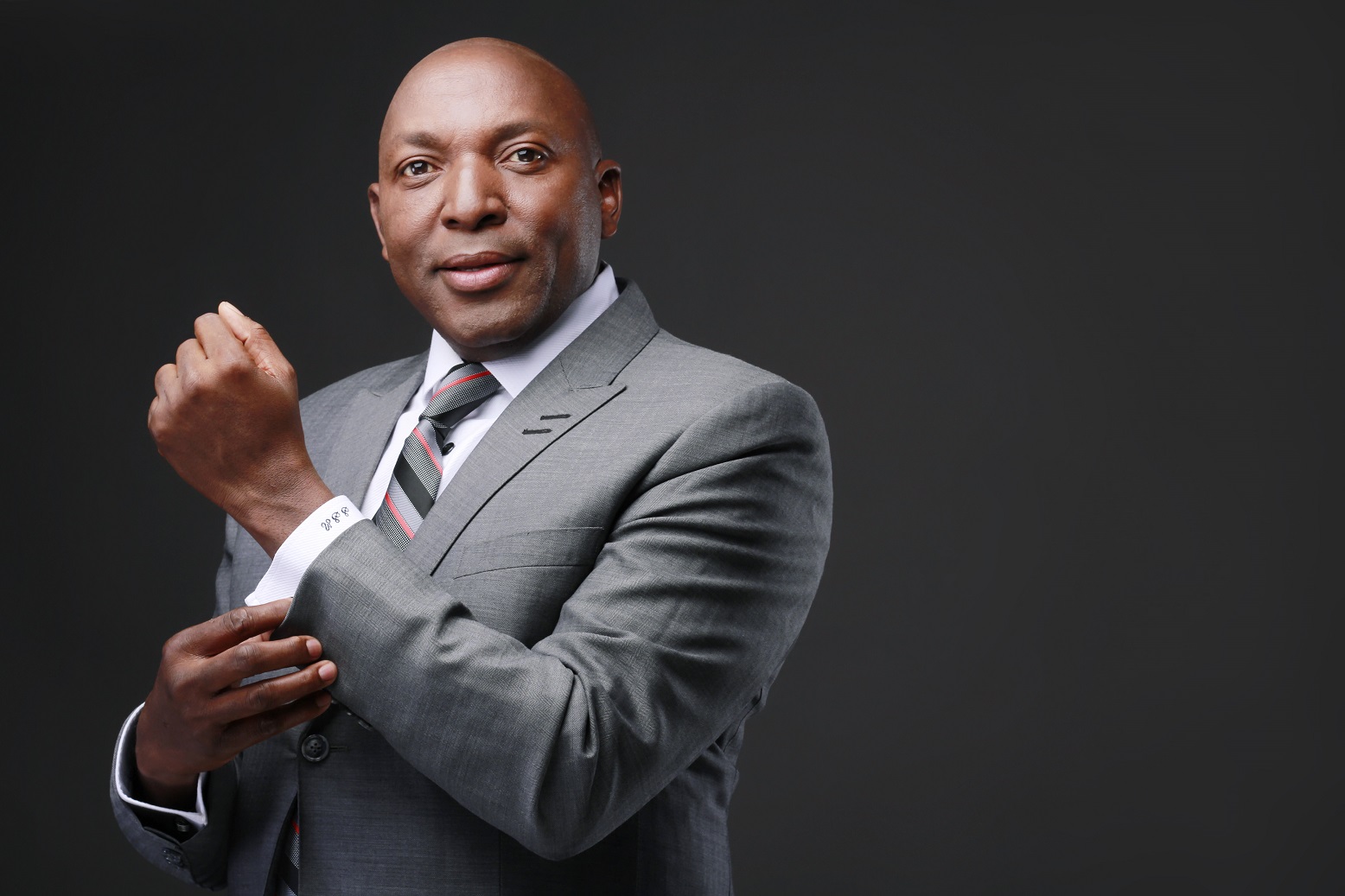
Definition
-Is the interrogation of the opposing party’s witness who has already testified.
-The scope of cross examination – too wide, in that it is involved in:
(a) Checking;
(b) Discrediting
– Witness’s testimony,
– Knowledge, and/or
– Credibility.
(c) Assist with Court’s determination of whether a witness was telling the truth or a lie.
Purpose of Cross Examination
- Mr. Matute, in his book on cross examination succinctly provides the purpose thereof to be:
“A powerful tool for getting at the truth. The value of this method of ascertaining the truth lies in the personal contact between the witness, who has no idea of what questions may be asked to him, and the personality of the advocate who puts the questions to him.”.
- In addition to the above, cross examination (i)complements the “eye-witness” statement with information that has not been provided earlier, (ii) allows to amend vagueness or falsehood in the said witness statement or declaration and, (iii) to check and ensure that facts are set in the proper context and (iv) to reveal contradictions.
Rules of Cross Examination
The ten commandments of cross examination
- Prepare
- Be fully prepared.
- You should know about 95% of the questions you will ask and of the 95% of the answers you should receive.
- There is no short cut, no royal road to proficiency, in the art of advocacy.
- Know the rules of evidence
- The rules of evidence should inform and advise you:
(a) what you are allowed to cover in cross examination.
(b) procedure you must follow to challenge the credibility of a witness, such as (i) bias (ii) prior inconsistent statements.
- Pay attention to (on) direct evidence!!
“Skillful cross examiner seldom takes his eye from an important witness while he is being examined by his adversary. Every expression of his face, especially his mouth, even every movement of his hands, his manner of expressing, his whole bearing, all help the examiner to arrive at an accurate estimate of his integrity.”
James McElhaney: Direct Answers: Examining a witness is telling a story, page 8.
- Maintain control of the witness!!
vQuestion a witness for the purpose – what you can use it for.
*Keep composure – don’t allow an evasive witness to threaten your control of your strategy.
- KISS!! – (Keep It Short and Simple)
Ask – short, fair, leading questions that call for a yes or no answers.
- Start strong, end strong and do not act surprised!!
*Be a good actor even if you are hurt by the answers elicited from a witness.
*As from the beginning, the Judge/Magistrate, Arbitrator or the hearer of facts, should know what the true defence is by how you start and end your cross examination.
- In your cross examination – do not ask for conclusions!! – Let that be the presiding officer’s duty.
*People are having their opinions regardless of how good your presentation of your case is.
- Do not kick a dead horse – it will kick back!!
*When you get what you need, stop!!
- You catch more flies with honey than vinegar.
*Be respectful to a witness, court or colleague – do not sacrifice the slightest principle of duty.
*Refrain from attacking a witness in cross examination.
- Do not ask the question unless you know the answer!!
*Soccer match assault – opposite goal’s goalkeeper is the witness of the assault.
By Adv. S.S Makando
